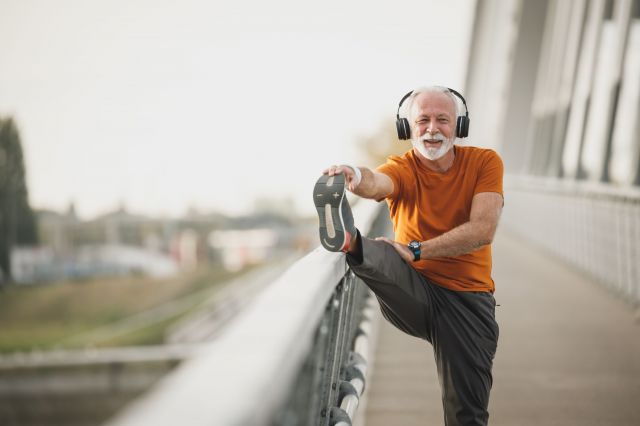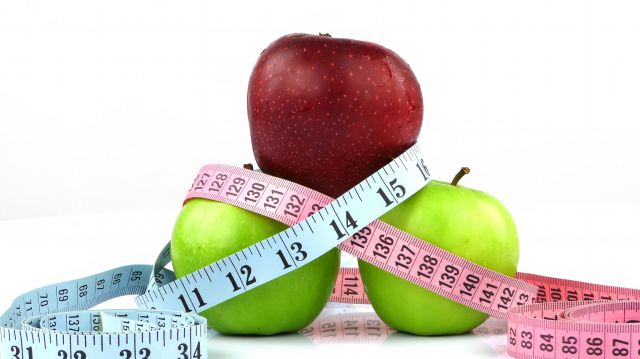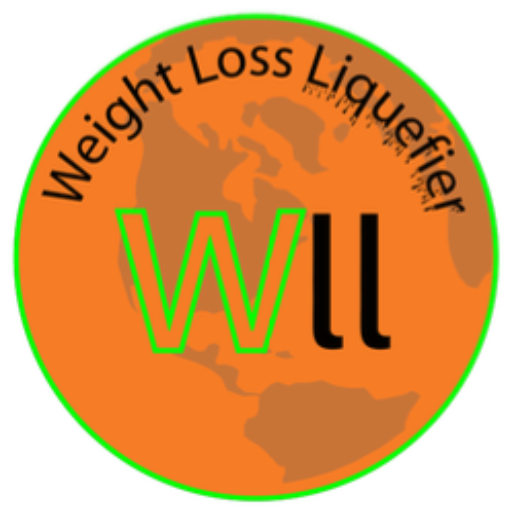Healthy Aging: The Best Ways to Stay Strong and Energized After 50
Why Does Staying Strong and Energized After 50 Matter?
Healthy aging is about staying active, maintaining muscle, and keeping energy levels high to enjoy life fully while preventing chronic health issues.
Aging doesn’t mean slowing down, it means adapting to new ways of staying active and strong. Muscle mass naturally declines after 50, metabolism slows, and energy levels fluctuate.
However, simple adjustments in exercise, nutrition, and daily habits can keep you feeling strong, sharp, and full of life.
The Centers for Disease Control and Prevention (CDC) reports that approximately 27% of adults aged 50 and older engage in regular physical activity that includes strength training, which is crucial for maintaining muscle health (Source: CDC – April 23, 2024).
Table of Contents
- Why Staying Strong and Energized After 50 Matters
- Best Exercises for Strength, Energy, and Longevity
- Nutrition Tips for Healthy Aging
- Lifestyle Habits for More Energy and Vitality
- FAQs About Staying Healthy After 50
- Key Takeaways
- Final Thoughts
🔑 Not sure how much you should eat to lose weight without feeling starved?
Use the calorie calculator below to see your daily target based on your age, height, weight, and activity level.
Benefits of Staying Active After 50:
✔ Prevents muscle loss and maintains strength
✔ Boosts metabolism and supports a healthy weight
✔ Protects heart health and improves circulation
✔ Enhances mental clarity and fights brain fog
✔ Increases energy levels and reduces fatigue
Key Takeaways
- ✔ Healthy aging means staying active, eating well, and managing stress.
- ✔ Strength training, low-impact cardio, and flexibility workouts keep your body strong.
- ✔ A balanced diet with protein, fiber, and healthy fats fuels energy and longevity.
- ✔ Quality sleep, stress reduction, and social connections support overall well-being.
- ✔ It’s never too late to start—small, consistent habits lead to lifelong health.
Best Exercises for Strength, Energy, and Longevity

Strength training, low-impact cardio, and flexibility exercises keep muscles strong, joints healthy, and energy levels high after 50.
Guys? Grab your free ➡️rocker bod blueprint⬅️.
1. Strength Training (2-3x per week)
Strength training prevents muscle loss and improves metabolism.
Focus:
• Bodyweight exercises (push-ups, squats, lunges)
• Resistance band workouts (gentle on joints)
• Dumbbell exercises (rows, presses, deadlifts)
💡 Tip: Start with light weights and increase gradually. Consistency matters more than intensity.
2. Low-Impact Cardio (3-5x per week)
❤️ Cardio strengthens the heart, improves circulation, and boosts stamina.
Focus:
• Brisk walking (great for heart health)
• Swimming or cycling (low-impact, easy on joints)
• Dancing or hiking (fun and engaging)
💡 Tip: Aim for 150 minutes of moderate activity per week to support overall health.
3. Flexibility & Mobility Workouts (Daily or as needed)
Keeping joints and muscles flexible reduces stiffness and pain.
Focus:
• Yoga or Pilates (improves balance and core strength)
• Dynamic stretching (before workouts)
• Foam rolling & mobility drills (relieves tension)
💡 Tip: Stretch before and after workouts to prevent injuries and improve recovery.
Nutrition Tips for Healthy Aging

A balanced diet rich in protein, fiber, and healthy fats supports muscle retention, energy levels, and overall well-being after 50.
Key Nutrition Tips for More Energy & Strength:
✔ Prioritize protein – Helps maintain muscle mass (lean meats, fish, eggs, beans)
✔ Eat fiber-rich foods – Supports digestion and heart health (vegetables, whole grains)
✔ Stay hydrated – Dehydration can cause fatigue and joint pain
✔ Limit processed sugars – Prevents energy crashes and weight gain
✔ Get enough healthy fats – Supports brain function (avocados, nuts, olive oil)
💡 Tip: Aim for 0.6–0.8 grams of protein per pound of body weight daily for muscle maintenance.
What is Healthy Aging?

Part of healthy aging is:
- Prioritizing sleep
- Reducing stress
- Staying socially engaged
This helps to maintain energy, mental sharpness, and your emotional state-of-mind, especially after 50.
1. Prioritize Quality Sleep
Lack of sleep leads to weight gain, fatigue, and memory issues. Improve sleep by:
✔ Setting a consistent bedtime (your body thrives on routine)
✔ Avoiding screens an hour before bed (blue light disrupts melatonin)
✔ Creating a relaxing bedtime routine (reading, meditation, deep breathing)
💡 Tip: Aim for 7-9 hours of sleep per night to feel fully refreshed.
2. Reduce Stress & Stay Mentally Sharp
Chronic stress affects your weight, energy, and overall well-being. Keep stress low by:
✔ Practicing mindfulness or meditation (just 10 minutes a day helps)
✔ Spending time in nature (lowers cortisol and boosts mood)
✔ Engaging in brain-boosting activities (puzzles, reading, learning new skills)
💡 Tip: Try deep breathing exercises when feeling overwhelmed to lower stress quickly.
3. Stay Socially Connected
Loneliness is linked to lower energy and cognitive decline. Build connections by:
✔ Joining a fitness class or walking group
✔ Scheduling regular meetups with friends or family
✔ Volunteering or joining community activities
💡 Tip: Staying socially engaged boosts happiness, unlocks motivation, and even longevity.
Healthy Aging Research

- Adults aged 50 and older who engage in moderate physical activity for at least 150 minutes a week have a 30% lower risk of depression compared to those who are inactive. (Source: Mayo Clinic, December 23 2023)
- Approximately 35% of adults over 50 report not getting the recommended amount of daily fruits and vegetables, which can impact overall health and energy levels. (Source: Centers for Disease Control and Prevention, January 7 2022)
- Studies show that social engagement can boost longevity by up to 50% for those aged 50 and older, highlighting the importance of maintaining relationships. (Source: Stanford Lifestyle Medicine, December 18 2023)
- Regular strength training can lead to a 20% increase in muscle mass and strength for older adults, which is essential for maintaining physical function. (Source: CDC Benefits of Physical Activity, April 24 2024)
- About 65% of adults over 50 experience some form of sleep disturbance, which can significantly affect energy levels and overall health. (Source: American Academy of Sleep Medicine, October 1 2024)
Healthy Aging Book
#1 Outlive: The Science and Art of Longevity by Peter Attia, MD
Other popular books:
- Mayo Clinic on Healthy Aging by Nathan K LeBrasseur and Christina Chen
- Lifespan: Why We Age by David Sinclair
- How Not to Age by Michael Greger
- Successful Aging by Daniel Levitin
- The Telomere Effect by Elissa Epel
FAQs About Staying Healthy After 50
1. What is the best way to stay active after 50?
A mix of strength training, cardio, and flexibility exercises keeps you strong and mobile.
2. What should I eat to maintain energy levels?
Focus on protein, fiber, healthy fats, and hydration while avoiding processed sugars.
3. How can I prevent fatigue as I age?
Prioritize quality sleep, regular exercise, and stress management to sustain energy.
4. Is it too late to start exercising after 50?
Not at all! People can improve strength, endurance, and flexibility at any age.
Final Thoughts
Aging doesn’t mean slowing down, it’s about making smart, sustainable choices that keep you strong, energized, and engaged in life.
By prioritizing exercise, nutrition, sleep, and social well-being, you can feel better than ever after 50.
💡 Actionable Step: Start with a 10-minute walk today or prepare a high-protein meal. Small steps lead to big results!
Aging well is about living well. Healthy aging doesn’t happen by accident; it’s about making intentional choices to care for your body, transforming your mindset, and energy.
The best part? You don’t have to be perfect, progress beats perfection every time.
So, let today be the day you choose strength, choose energy, and most importantly, choose you.
Connect with us for questions, comments, or email: steveandmichele@weightlossliquefier.com


